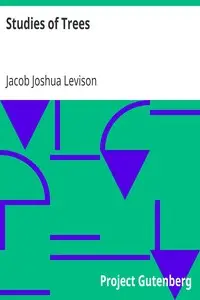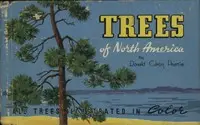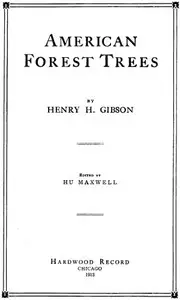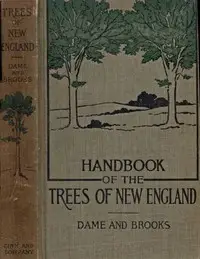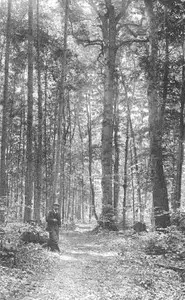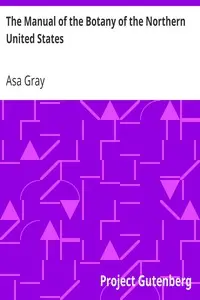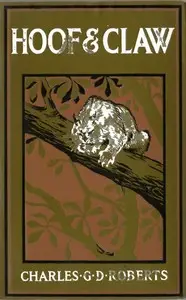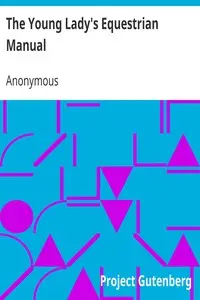"Manual of the Trees of North America (Exclusive of Mexico)" by Charles Sprague Sargent is a detailed scientific book from the early 1900s that acts as a key for identifying and understanding different types of trees in North America, not including Mexico. Using information from the Arnold Arboretum, the manual explains the features, locations, and pictures of many tree types. In the beginning, the author talks about the second version of the manual, pointing out new discoveries in the world of plants since the first version. He talks about recently studied species and improvements to naming systems that go along with international rules, and work with other plant experts who have studied trees in North America. This start sets the stage for a complete look at tree groups and types, showing the author's goal of broadening awareness about the many different trees in the area. Early chapters include special guides to help readers find trees using their characteristics, making it easy for them to use the book.
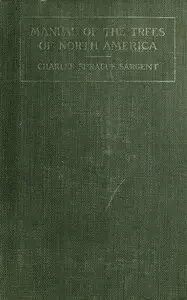
Manual of the Trees of North America (Exclusive of Mexico) 2nd ed.
By Charles Sprague Sargent
Discover a world of botanical knowledge as you explore the identification, classification, and distribution of North American trees, guided by a meticulous early 20th-century study.
Genres
Released
2014-07-30
Formats
epub
mobi
epub3 (images)
epub (images)
mobi (images)
txt
Free Download
Summary
About the AuthorCharles Sprague Sargent was an American botanist. He was appointed in 1872 as the first director of Harvard University's Arnold Arboretum in Boston, Massachusetts, and held the post until his death. He published several works of botany. The standard botanical author abbreviation Sarg. is applied to plants he identified.
Charles Sprague Sargent was an American botanist. He was appointed in 1872 as the first director of Harvard University's Arnold Arboretum in Boston, Massachusetts, and held the post until his death. He published several works of botany. The standard botanical author abbreviation Sarg. is applied to plants he identified.
Total Reviews
10.0k
Total reviews from Goodreads may change


